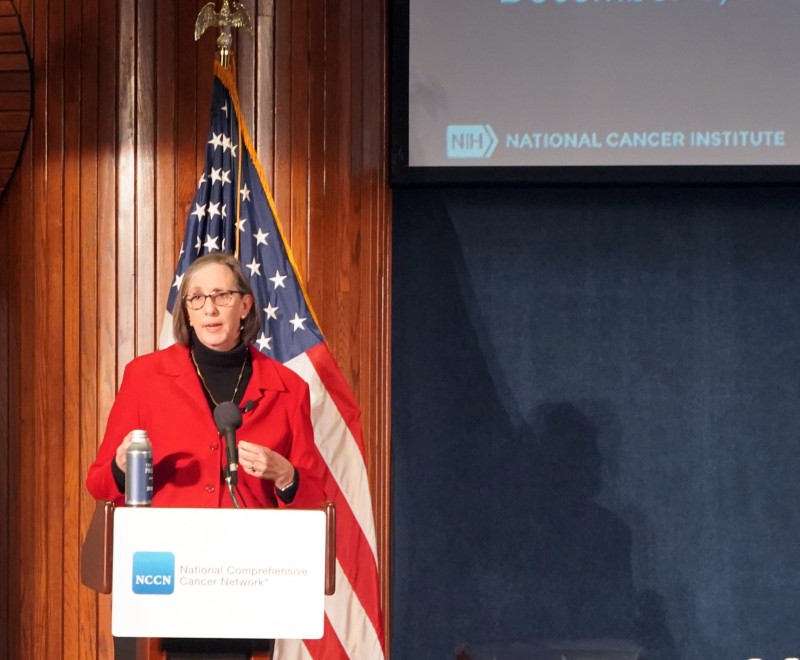NCCN Hosts Patient Advocacy Summit on Improving Cancer Care and Addressing Health Misinformation
The National Comprehensive Cancer Network® (NCCN®), a non-profit alliance of leading cancer centers, held its Patient Advocacy Summit in Washington, D.C., focusing on improving cancer care through better communication and combating health misinformation. This annual event brought together renowned experts, policymakers, researchers, and advocates to discuss actionable strategies for providing evidence-based health information to patients and caregivers.
Empowering Patients with Accurate Information
The summit opened with remarks from Crystal S. Denlinger, MD, Chief Executive Officer of NCCN, who emphasized the link between informed decisions and better patient outcomes. She introduced the NCCN Guidelines for Patients®, which provide easy-to-understand, expert-backed guidance on various cancer types, prevention, and supportive care. These guidelines, available in multiple formats and languages, aim to make high-quality cancer care accessible to everyone.
Dr. W. Kimryn Rathmell, Director of the National Cancer Institute (NCI), highlighted the importance of trustworthy information to enhance the diversity of patient experiences in cancer research. “Trust in the cancer research enterprise is essential,” said Dr. Rathmell. “Reliable health information helps patients navigate their options and make decisions with confidence.”
Combating Misinformation in Cancer Care
A recurring theme at the summit was addressing health misinformation, which can lead to confusion, delay treatments, and erode trust between patients and healthcare providers. Experts pointed to lessons learned during the COVID-19 pandemic about the need for trusted community advocates to dispel myths and provide reliable information.
Martha Dawson, DNP, RN, FAAN, Immediate Past President of the National Black Nurses Association, stressed the role of culturally relevant communication. “Community advocates and leaders with similar lived experiences are key in building trust and delivering accurate information,” she noted.
Dr. Skyler Johnson from the Huntsman Cancer Institute added, “Effective communication is the foundation of quality cancer care. We must equip both clinicians and patients to counter misinformation and navigate the complexity of today’s healthcare landscape.”
The Role of Clear, Patient-Centered Communication
Several speakers addressed the critical need for clear and inclusive health messaging. Simplified language, repetition, and culturally relevant communication were highlighted as essential tools to enhance understanding and build trust with patients and families.
Randi Ervin, a survivor and advocate with the Pancreatic Cancer Action Network, shared her personal experiences. “Compassionate and empathetic communication delivered at the right time can make a world of difference for patients and caregivers,” she said.
Advancing Equity and Collaboration in Cancer Research
The summit also spotlighted efforts to include marginalized voices in cancer care and research. Experts emphasized the importance of engaging diverse communities to build trust and address barriers such as health literacy and equitable clinical trial participation.
Bryce Reeve, PhD, of Duke University, urged healthcare systems to give every patient a voice, particularly children and underrepresented groups. Similarly, Dr. Arnethea Sutton of VCU Massey Comprehensive Cancer Center stressed the value of diverse collaborations in translating science into equitable outcomes.
Key Takeaways and Future Focus Areas
The summit concluded with actionable steps for improving cancer care communication:
- Providing plain-language health guidelines.
- Expanding community-based education programs.
- Promoting collaboration among healthcare providers, researchers, and community leaders.

